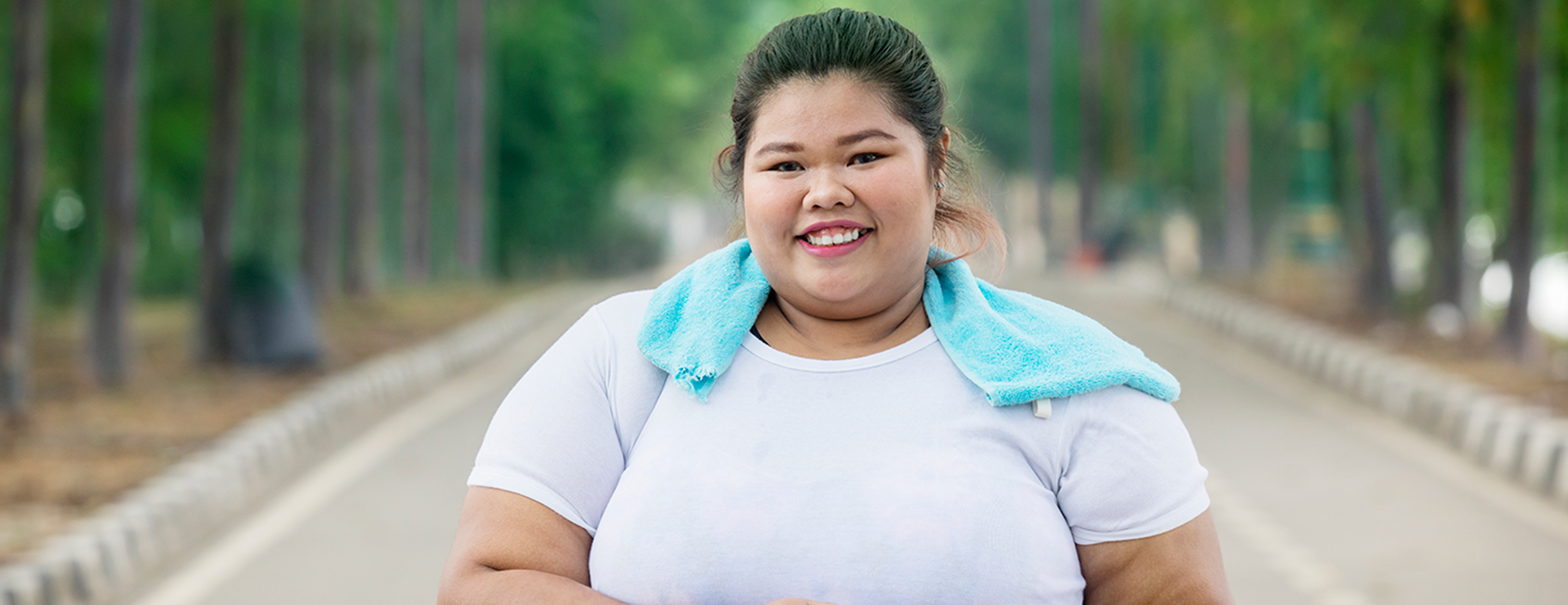- Sep 4, 2005
- 24,717
- 14,599
- Country
- United States
- Faith
- Atheist
- Marital Status
- Single
- Politics
- US-Others

A major medical group updated its guidance for treating childhood obesity. Here's what it says.
The American Academy of Pediatrics updated its recommendations on childhood obesity for the first time in 15 years.
For the first time in 15 years, the American Academy of Pediatrics on Monday released new guidelines for treating childhood obesity, emphasizing a need for early and intensive treatment.
The guidance comes as childhood obesity rates have continued to rise over the past decade and a half, increasing from 17% to 20%, according to data from the Centers for Disease Control and Prevention. Since the 1980s, obesity rates have tripled in children and quadrupled in adolescents.
The new guidelines emphasize that obesity is a complex and chronic condition without a simple fix. Intensive behavioral and lifestyle changes should be the first-line approach, but the AAP also includes recommendations for anti-obesity medications and surgery for the first time. These novel recommendations are in response to a windfall of research and drug approvals in the past few years.
For children ages 12 and up, one of the major changes in the recommendations is the inclusion of anti-obesity drugs and weight-loss surgery alongside lifestyle changes.
To me this feels a bit like jumping the gun. While there are things that are bad enough that they need pharmaceutical and surgical interventions to either treat the condition, or prevent imminent bad outcomes... Being overweight at age 12 or 13 doesn't feel like one of them.
I feel this way for a couple reasons:
1) a lot of bodily changes happen during puberty...especially in males, in the form of getting one of mother nature's best fat burners in the form of the 30-fold increase of testosterone they're about to get in the next 3 years (and that will last 5-10 years before tapering off)
2) chronic issues and serious outcomes related to weight are far from being "imminent" at that age... There's plenty of time to change eating and exercise behaviors at that age before it's done any real serious damage that can't be reversed. A 15 year old is statistically unlikely to be dealing with the same consequences of a 30+ BMI at that age compared to their 40 year old counterpart.
3) weight loss surgeries don't exactly have a stellar track record if the person isn't being supported in other ways. Per the NEJM "Many people do indeed find success with gastric bypass in the short term, but a majority of participants unfortunately regain much of the weight they lost. In fact, one study indicated that 59% of people regained 20% or more of the weight they originally lost after surgery." And my hunch would be, if a 13 year old has gotten to a 30+ BMI by that age, the proper encouragement and discipline isn't there to provide that support structure at home (where they'll be living for at least the subsequent 5 years)
Obesity rates climbing that high among youths is definitely a problem. But I think the solution is a little more of the public getting behind the Michelle Obama "get up and get moving" and the Jamie Oliver "let's find ways to make healthier food appealing to kids", and little less of the "let's give them diet pills and surgically re-route their digestive tract"
Last edited:

